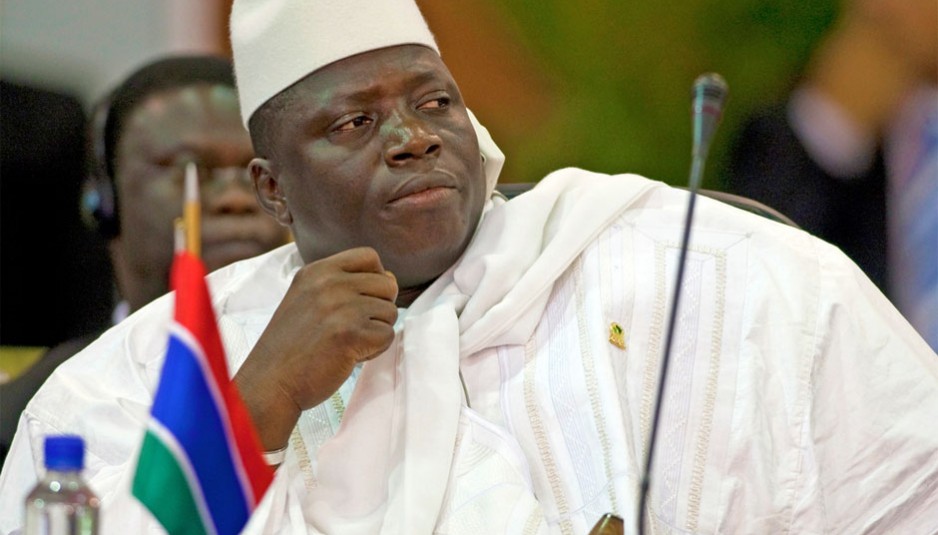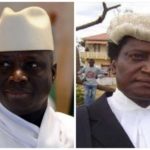Gambia has said it will probe the finances of former President Yahaya Jammeh, who fled into exile in January to Equatorial Guinea after a rule that began in 1994 when he seized power in a coup.
Justice Minister Abubacarr Tambadou said in a statement the government would also set up a Truth and Reconciliation Commission and offer reparations to victims of Jammeh’s government, which is accused of the torture and killing of perceived opponents.
Jammeh lost an election in December to the now-President Adama Barrow but refused to accept the result. He only stepped down after pressure from regional leaders who sent troops to Gambia to force him to leave.
Since his departure, Barrow’s government has taken steps to restore the rule of law and strengthen the judiciary.
“A Truth and Reconciliation Commission with appropriate reparations for victims will be set up within the next six months and public hearings will be expected to commence by the end of the year,” Tambadou said.
The government would first study other such commissions.
South Africa established a Truth and Reconciliation Commission after apartheid ended in 1994, and other African countries have set up similar bodies.
The aim is to encourage people to confess crimes committed under the previous government and for victims to air injustices they suffered. Reparations can also be set.








